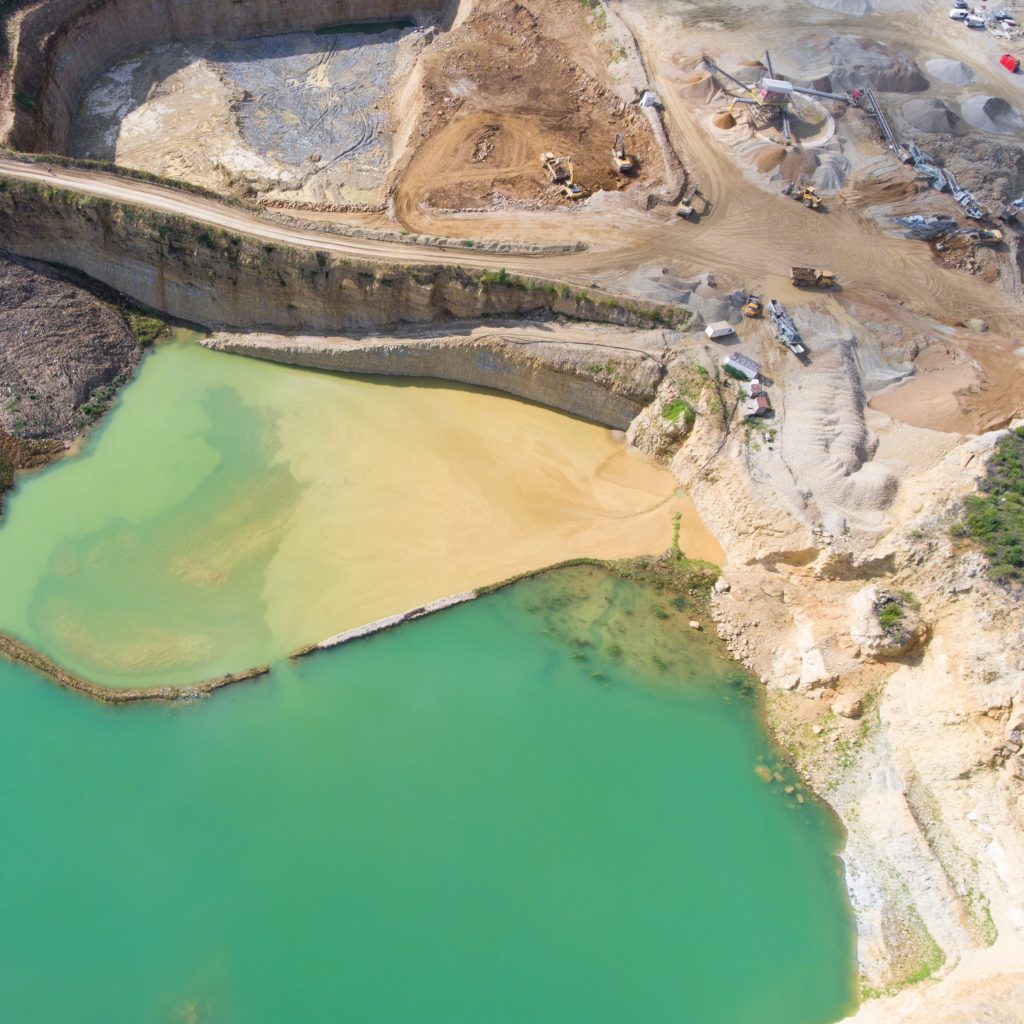In 2018, Ghana produced more gold than any other country in Africa. With an output of 4.8 million ounces, it has overtaken South Africa for the first time to become Africa’s foremost producer of the precious yellow metal.
South Africa’s gold mining is facing uncertainty due to reducing profits, deep mines, declining ore grades, and industrial militancy allowing Ghana to take over. As 71% of mining companies struggle to earn profit there, they turn their attention to Ghana in search of better options.

With a more stable political environment and the absence of industrial militancy, Ghana has become a hot favorite for global bigwigs in gold extractions. Recently, Cardinal Resources, which has stakes in gold exploration projects in northern and southern parts of Ghana, raised $17.6 million for work in the Namdini project.
It plans to open a processing plant with an annual capacity of 9.5 million tons at the site, which contains some of the best quality gold ores. The company also owns two more sites at Bolgatanga near Namdini and Subranum in southern Ghana.
Similarly, Johannesburg-based Gold Fields is expanding its footprint in the country, which is home to 23 mines of different minerals.
Gold accounts for the largest number of mines in Ghana. Akyem and Ahafo mines are owned by Newmont, Chirano mine is leased to Kinross, and Obuasi is operated by AngloGold Ashanti. Gold contributes to 90% of all mineral exports, which in turn is a third of all exports by the country, and 5% of the total GDP.

The extraction of gold in Ghana picked up after the 2014 amendments to the Minerals and Mining Act that criminalized illegal gold mining. However, the high tax imposed by the government continues to deter investors in greenfield exploration and extraction of gold in the country.
The laws are formulated in a way that favors bigger companies and brownfield exploration ventures. This has led to recent demands by the Ghana Chamber of Mines to encourage greenfield investment by removing VAT on exploration, drilling and laboratory testing.
Southern Ghana is among the top regions in the world for high-grade gold ores and large-scale discoveries. It is also easier to mine gold in the country and this has been a key factor in attracting big mining corporations to Ghana.
As the outlook for gold looks bullish in the international markets and futures are surging, Ghana’s mining companies are reaping dividends.
However, gold mining has failed to provide many benefits to local communities in Ghana. Profits are mostly pocketed by big companies. Though over 1 million people are engaged in the small-scale mining of gold in the country, the large-scale poverty and unemployment have largely turned it into illegal gold mining.
The illegal mining of gold in Ghana came to limelight in May 2017 after a Chinese national Aisha Huang, who was nicknamed as “Galamsey Queen.” In the local language, galamsey means illegal gold mining. She was found to be running a syndicate of illegal gold mining in the country. However, the government had to release and deport her in the face of increasing pressure from China.
In February 2019, a documentary on Ghana’s gold mining by journalist Anas Aremyaw exposed the nexus between mining officials and illegal miners. It showed officials taking bribes to allow illegal mining in the country while the government failed to become resolute in stopping the trade.
Also, there has been criticism of the increasing dependence on gold mining, as it prevents economic diversification or reforms in the national mining sector.

1 comment
[…] Read about how Ghana became the largest gold producer in Africa: https://www.theghanahit.com/ghana-overtakes-south-africa-becomes-largest-gold-producer-in-africa/ […]
Comments are closed.